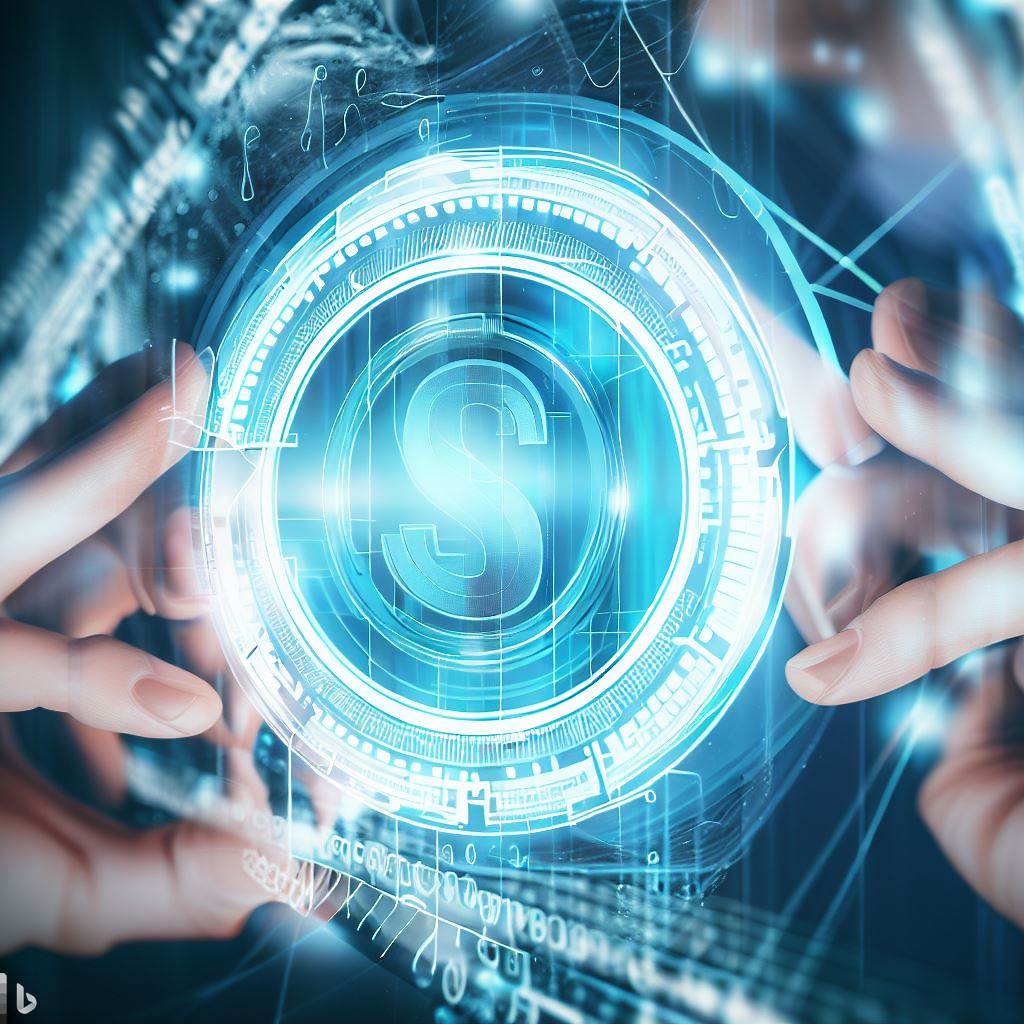As the technological landscape continues to expand and evolve, the importance of standardization becomes even more pronounced. Here’s a glimpse into what the future might hold for standardization:
- Increased Interoperability: With the proliferation of devices and platforms, there’s an essential need for them to communicate seamlessly. Future standards will prioritize interoperability, ensuring diverse systems and devices can work together without issues.
- Dynamic Standards: Instead of static rules, we might see more dynamic standards that evolve based on real-time data and feedback, ensuring they remain relevant as technology advances.
- Inclusive Decision-making: The process of creating standards will become more democratized. This would include inputs from not just big corporations but also smaller tech players, consumers, and interdisciplinary experts.
- AI and Automation: AI will play a significant role in drafting, updating, and enforcing standards. Automated systems can monitor compliance in real-time and adapt standards based on emerging trends and needs.
- Cybersecurity Standards: As cyber threats continue to rise, there will be a heightened focus on setting rigorous standards to ensure cybersecurity. This will be critical for sectors like finance, health, and defense.
- Sustainability and Ethics: Future standards will place a strong emphasis on sustainability, ensuring technological advancements don’t compromise our planet’s health. Moreover, with growing concerns about tech ethics, standards addressing data privacy, bias in AI, and more will become more common.
- Cross-border Consensus: As our world becomes more interconnected, there’ll be a push for global standards. This will ensure consistency and compatibility across borders, making international collaboration and trade more efficient.
- Quicker Standardization Processes: With technology evolving rapidly, there’s a need to speed up the standardization process. Future processes might leverage collaborative platforms and tools to expedite consensus and adoption.
- Customizable Standards: While the core essence of a standard is to be universally applicable, we might see frameworks that allow for slight customizations based on specific industry needs or regional considerations.
- Education and Awareness: As standards become more integral to technological advancements, there will be concerted efforts to educate professionals about them. This would include training programs, workshops, and courses dedicated to understanding and implementing standards.
In conclusion, the future of standardization is not just about creating uniform rules but about fostering an environment where technology can thrive, benefitting everyone while ensuring security, ethics, and sustainability. It will require a collaborative effort from all stakeholders, including governments, industries, academia, and consumers.

